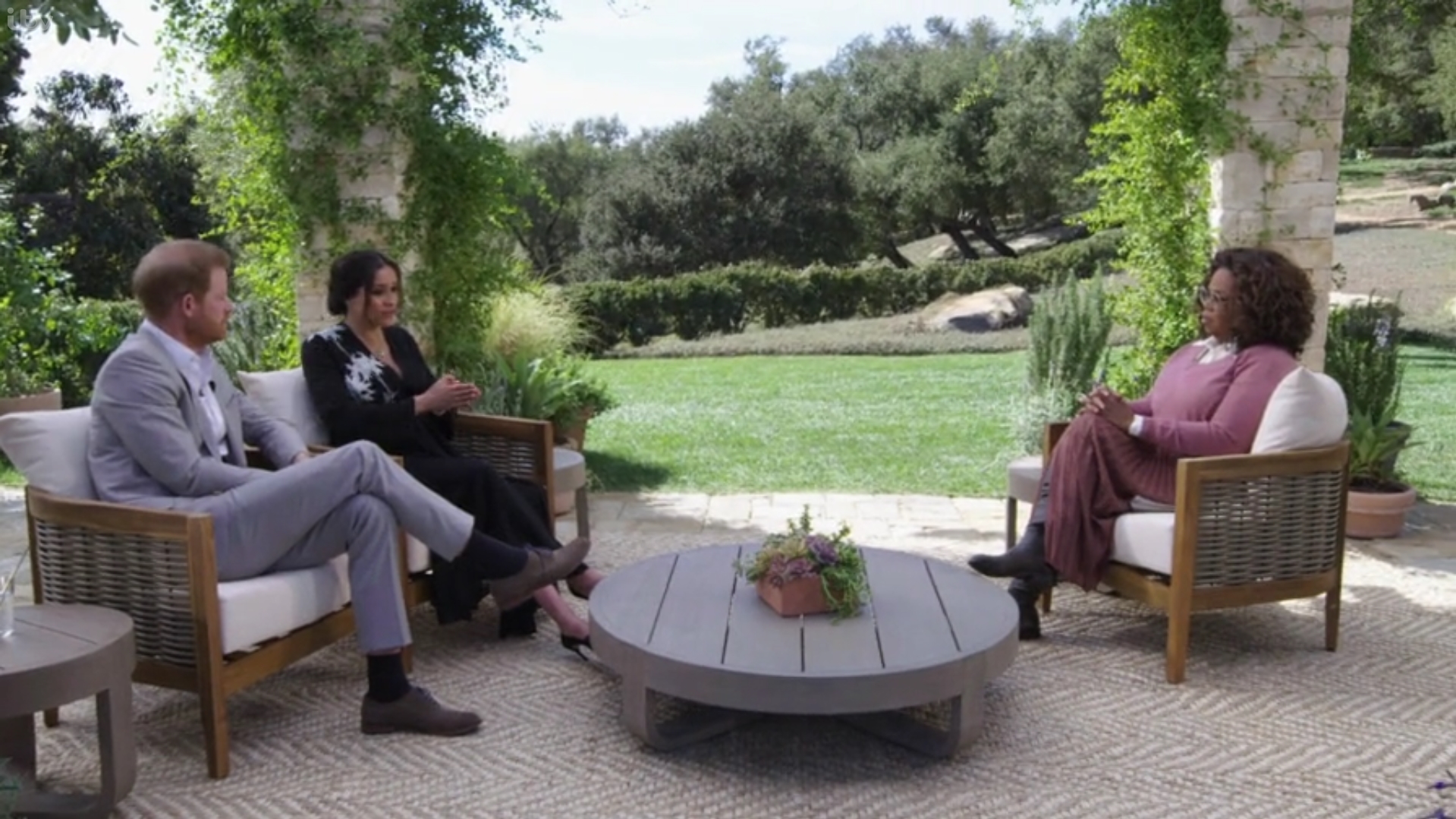The Duchess of Sussex has won the latest stage in her legal fight against the publisher of the Mail on Sunday over a letter she sent to her father. The Court of Appeal rejected Associated Newspapers' attempt to have a trial in the privacy and copyright case.
She; said it was a win not just for me, but for anyone who has ever felt scared to stand up for what's right.
Associated Newspapers said it was disappointed, and was considering a further appeal to the Supreme Court.
A judge had previously ruled in favour of Meghan after extracts from the letter appeared in the paper. In a statement issued after the ruling, the duchess urged people to be "brave enough to reshape a tabloid industry that... profits from the lies and pain that they create".
Having started the civil action against newspaper group in 2019, she said: "In the nearly three years since this began, I have been patient in the face of deception, intimidation and calculated attacks."
"The courts have held the defendant to account and my hope is that we all begin to do the same. Because as far removed as it may seem from your personal life, it's not. Tomorrow it could be you.
"These harmful practices don't happen once in a blue moon - they are a daily fail that divide us and we all deserve better." A spokesperson for Associated Newspapers said: "It is our strong view that judgment should be given only on the basis of evidence tested at trial, and not on a summary basis in a heavily contested case."
The Court of Appeal accepted Meghan's argument that the letter to Thomas Markle in August 2018 - three months after her wedding to Prince Harry - was extremely personal. It had been given to the Mail on Sunday by Mr Markle, who wanted to address what he thought were unfair media accounts.
The judges were told that 585 out of the 1,250 words in the letter to her estranged father had been republished in five articles. In their decision, the three judges said the letter's contents were personal, private and not matters of legitimate public interest.
In February, the High Court had ruled against the newspaper group on the issue of privacy and copyright - saying the issues in the case were so clear cut that there was no need for a full hearing. Associated Newspapers was refused permission to appeal against the decision but went to the Court of Appeal in an attempt to get the original ruling overturned.
Judges at the appeal said it was hard to see what evidence at a trial would have altered the situation. They added: "The judge had correctly decided that, whilst it might have been proportionate to publish a very small part of the letter for that purpose, it was not necessary to publish half the contents of the letter."











